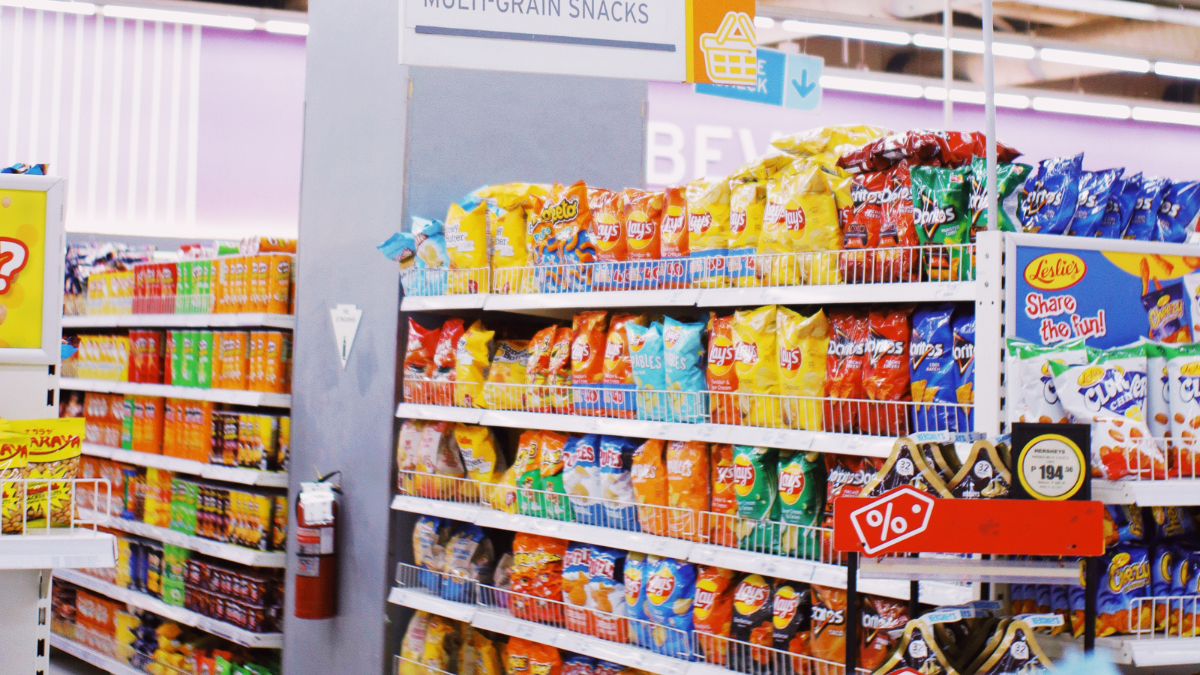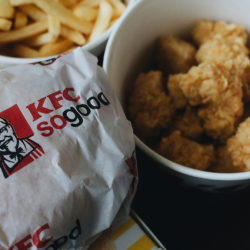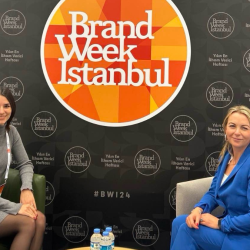The cost-of-living crisis is taking a severe toll on the health of the nation
People can’t afford to eat healthily, with a recent BBC Good Food survey showing that nearly 20% of Brits are eating more processed foods, simply because they’re cheaper. Brands obviously have a big responsibility here. A 2023 report in The Lancet shows that key causes of poor health, such as obesity, are linked to big corporations with the power to influence what people put in their shopping baskets.
But instead of stepping up, many brands are taking advantage of the economic pressures on families and ramping up advertising of cheap junk food. Non-profit Bite Back has revealed that the top ten fast food giants invested 75% more into social media and digital advertising in 2022 than the previous year.
Meanwhile, the government has come under fire for repeatedly pushing back the plan for a ban on junk food advertising ahead of the 9pm watershed. The ad ban would now not come into effect until 2025. But even with the ban, brands will have a loophole with OOH advertising providing a primetime platform.
Because of their price, ubiquity and convenience, unhealthy foods are consumed in vast quantities
Ultra-processed foods now make up 50% of all UK family food purchases. There is a clear opportunity here for brands to show support and solidarity with people struggling to navigate an increasingly costly food shop. Supermarkets are making efforts to rise to the challenge. Tesco launched ‘healthy zones’ to encourage shoppers toward healthier food options, with healthier foods signposted in the store and the majority of these products at lower prices. Aldi recently extended its ‘Super 6’ fruit & veg price promotion to ‘Super 7’, reducing the prices of a third of its fresh produce range by an average of 11%, while Lidl offers ‘Too Good To Waste’ food boxes filled with fruit and veg for just £1.50.
As well as price promotions, supermarkets are focusing on education, cooking tips and advice. Sainsbury’s has a ‘feed your family for a fiver’ advice section on its website, while Tesco has partnered with Jamie Oliver to promote recipes using leftovers.
But while educating people around food is important, the fact remains that healthy food is still much more expensive than processed, forcing those hit hardest by the cost-of-living crisis to make unhealthy choices. Perhaps supermarkets could go a step further and create a digital tool where people can simply enter their budget and the number of people they need to feed and be presented with healthy meals they can cook for the week and the list of (discounted) ingredients in store to make them, all within their budget range.
Danone boss James Mayer has recently called for higher taxes on salty, fatty and sugary foods, saying that this is the only way to incentivise the food industry to move towards healthier, more sustainable products over the cheaper unhealthy alternatives.
Sadly, it’s highly unlikely (under the current government at least) that the food giants will face punitive taxes. Until brands take accountability for their part in the impact of the cost-of-living crisis on public health, ordinary consumers are faced with a food system that is rigged against them.
Featured image: Nothing Ahead / Pexels





























